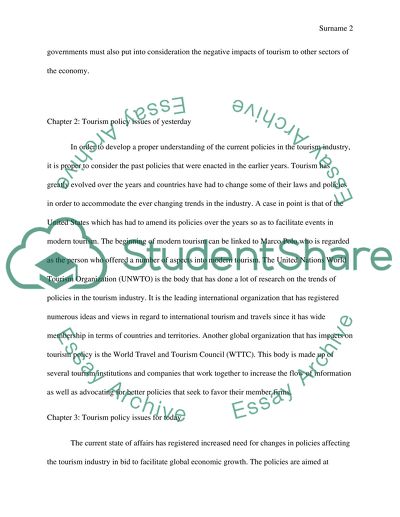Cite this document
(“Tourism, Policy and Planning: Ye Edgell Sr Assignment”, n.d.)
Retrieved from https://studentshare.org/social-science/1676831-anaylsis-of-reading
Retrieved from https://studentshare.org/social-science/1676831-anaylsis-of-reading
(Tourism, Policy and Planning: Ye Edgell Sr Assignment)
https://studentshare.org/social-science/1676831-anaylsis-of-reading.
https://studentshare.org/social-science/1676831-anaylsis-of-reading.
“Tourism, Policy and Planning: Ye Edgell Sr Assignment”, n.d. https://studentshare.org/social-science/1676831-anaylsis-of-reading.


